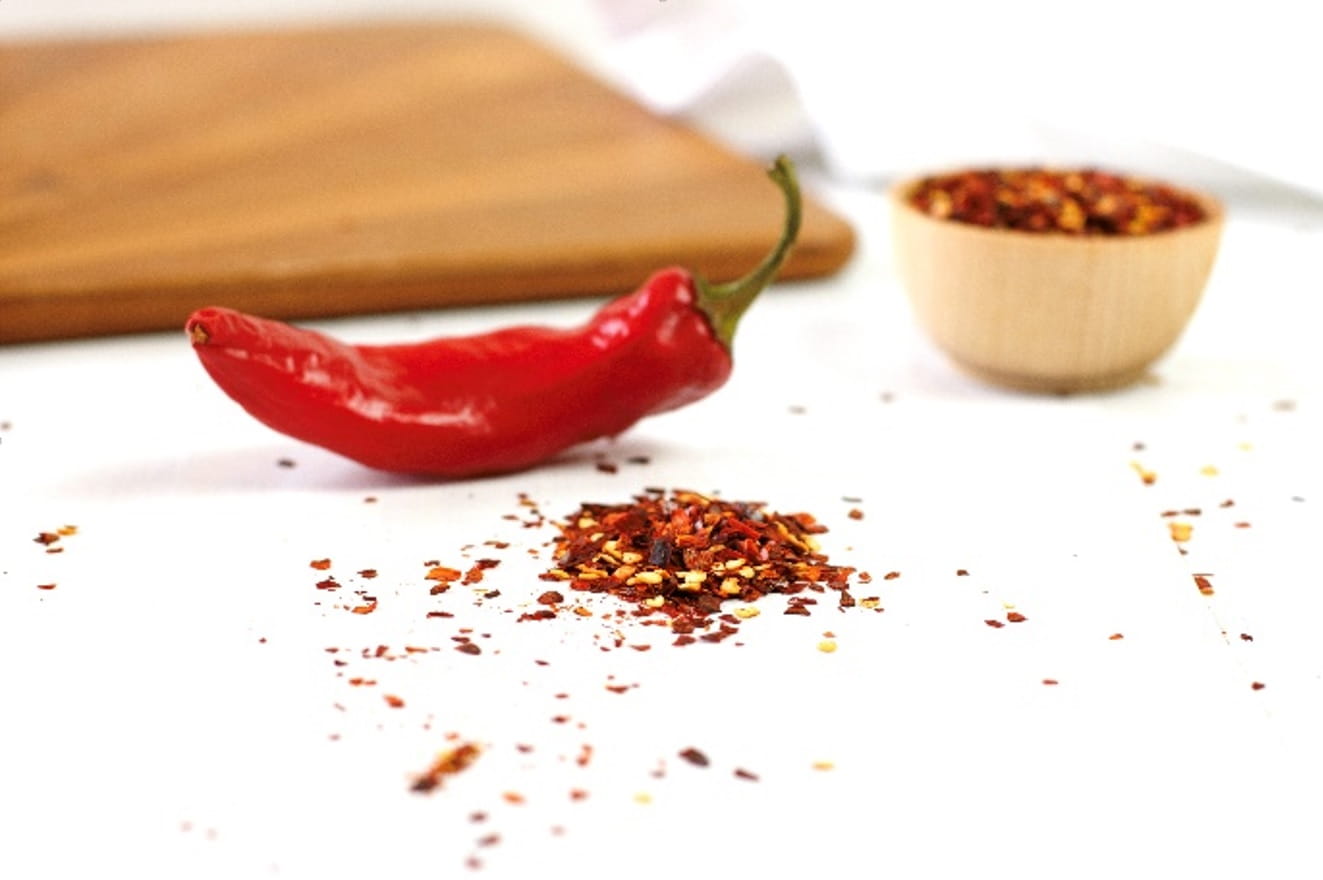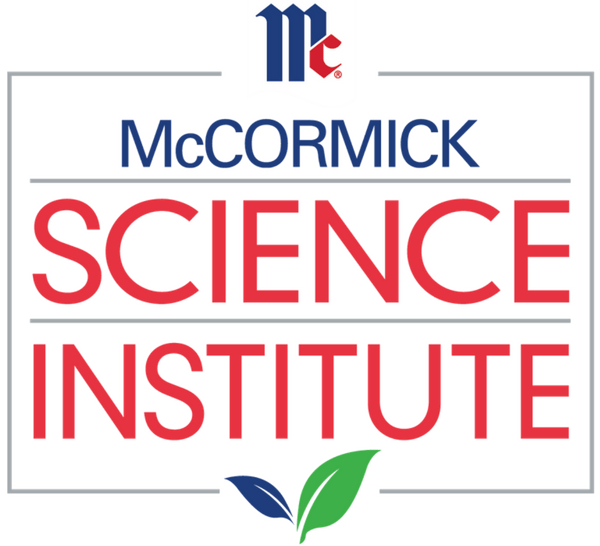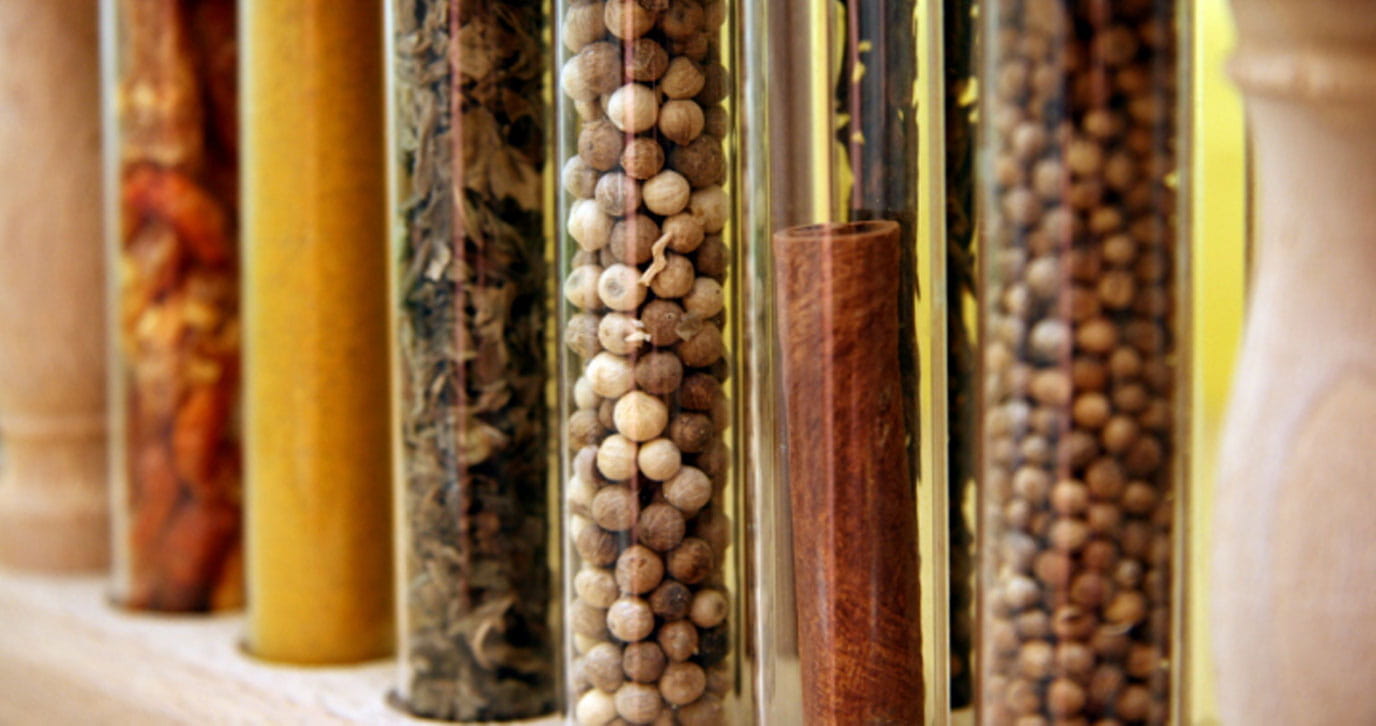March, 2023
Effects of Culinary Spices on Liking and Consumption of Protein Rich Foods in Older AdultsMSI Funded Study on Capsaicin, Energy Expenditure & Fat Oxidation
Janssens PL, Hursel R, Martens EA and Westerterp-Plantenga MS

July 2013-- Researchers in the Netherlands investigated the 24 hour effects of capsaicin in 25% negative energy balance on energy expenditure and substrate oxidation. Link to the full text.
Overview
Addition of capsaicin to the diet has been shown to increase energy expenditure; therefore capsaicin is an interesting target for anti-obesity therapy. This study investigated the 24 hour effects of capsaicin on energy expenditure, substrate oxidation and blood pressure during 25% negative energy balance.
Methods
This clinical research used a single-blinded, randomized crossover design with four randomly sequenced experimental conditions. Subjects underwent four 36 hour sessions in a respiration chamber for measurements of energy expenditure, substrate oxidation and blood pressure. They received 100% or 75% of their daily energy requirements in the conditions ‘100%Capsaicin’, ‘100%Control’, ‘75% Capsaicin’ and ‘75%Control’. Capsaicin was at a dose of 2.56 mg (1.03 g of red chili pepper, 39,050 Scoville heat units (SHU)) with every meal. Capsaicin was delivered as a food application: choice of a breakfast drink, pâté, tomato juice or pizza.
Results/Conclusions
An induced negative energy balance of 25% was effectively a 20.5% negative energy balance due to adapting mechanisms. Diet-induced thermogenesis (DIT) and resting energy expenditure (REE) at 75%Capsaicin did not differ from DIT and REE at 100%Control, while at 75%Control these tended to be or were lower than at 100%Control (p = 0.05 and p = 0.02 respectively). Sleeping metabolic rate (SMR) at 75%Capsaicin did not differ from SMR at 100%Capsaicin, while SMR at 75%Control was lower than at 100%Capsaicin (p = 0.04). Fat oxidation at 75%Capsaicin was higher than at 100%Control (p = 0.03), while with 75%Control it did not differ from 100%Control. Respiratory quotient (RQ) was more decreased at 75%Capsaicin (p = 0.04) than at 75%Control (p = 0.05) when compared with 100%Control. Blood pressure did not differ between the four conditions.
In an effectively 20.5% negative energy balance, consumption of 2.56 mg capsaicin per meal supports negative energy balance by counteracting the unfavorable negative energy balance effect of decrease in components of energy expenditure. Moreover, consumption of 2.56 mg capsaicin per meal promotes fat oxidation in negative energy balance and does not increase blood pressure significantly.






